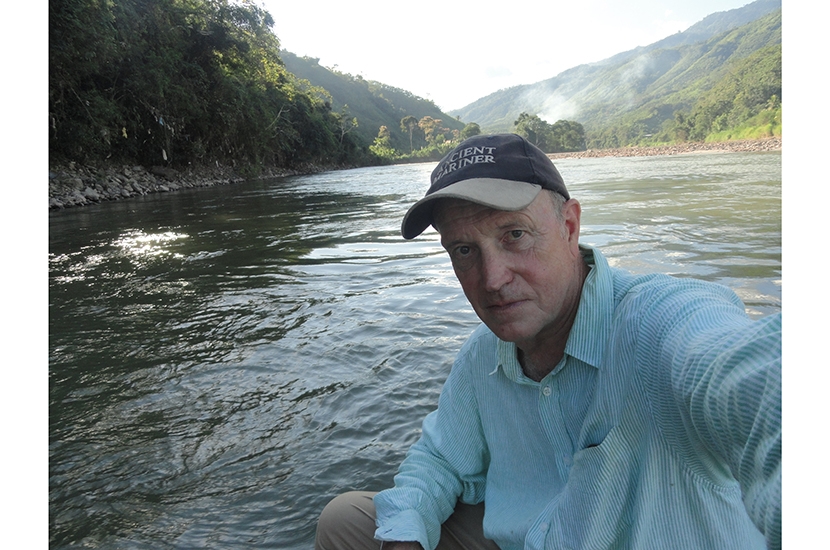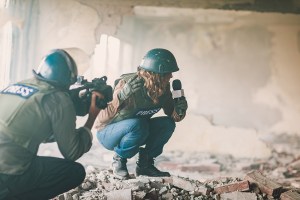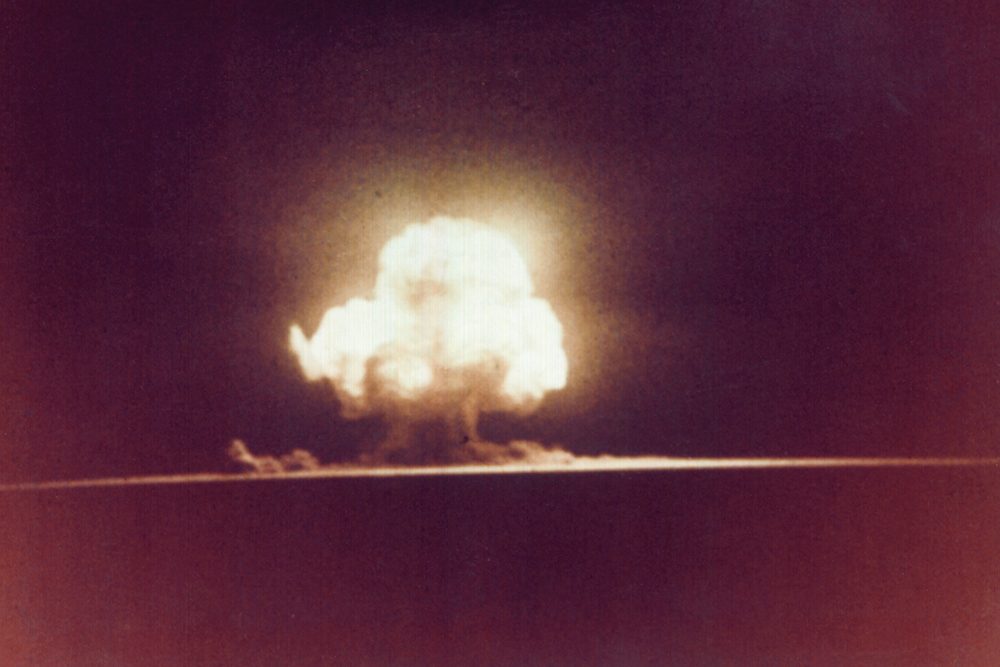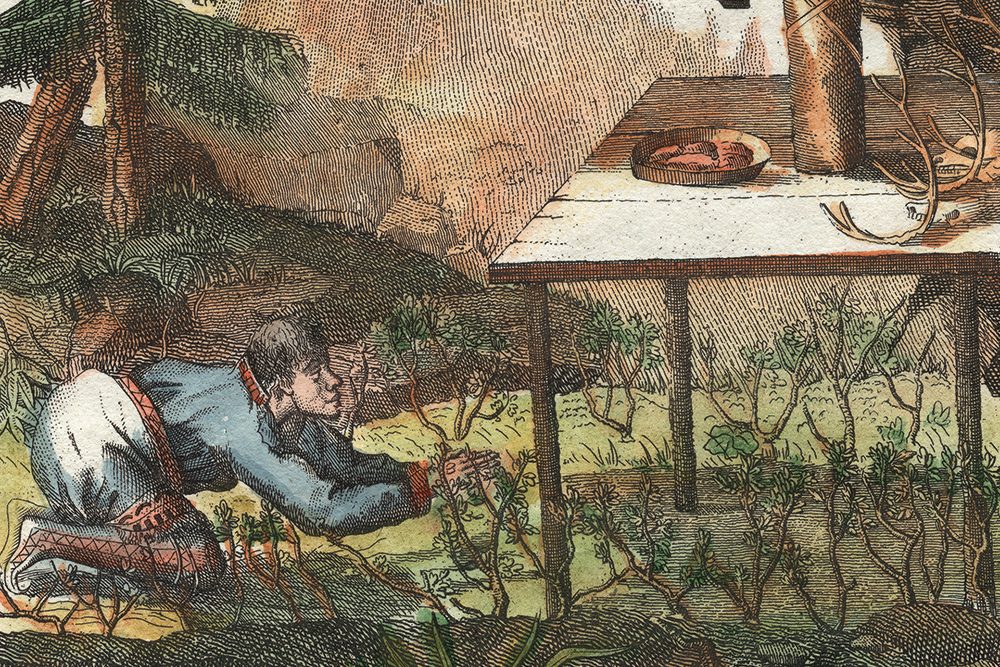It seemed like a preposterous proposition. For decades, Iain Sinclair has been an assiduous psychogeographer of London, an eldritch cartographer mapping ley lines between Hawksmoor churches and Ripper tours, skulking around the torque of the M25 and fulminating about the Millennium Dome and the gentrification (and gerrymandering) around the Olympic Stadium. So when I learned that his new book was about a journey to Peru, I sarcastically imagined he would be attempting to find the grave of Paddington Bear.
Not so, and this is vintage Sinclair. His great-grandfather, Arthur, was a botanist and author. After sojourns in Ceylon and Tasmania, he was sent to assess an area by the ‘corporate predators’ of the Peruvian Corporation of London. Although his interest is mostly in agriculture, and the potential for coffee plantations, there is always the lure of gold — whether trapped in geology or hinted at in the mythology of dead Incan redeemers awaiting resurrection on their golden catafalques.
The Gold Machine is an intense negotiation with this ancestor, and on the journey Sinclair is accompanied by his daughter Farne and the filmmaker Grant Gee. He is also shadowed at a distance by a person he calls The Advocate, a Brussels lawyer, avant-garde enthusiast and possibly a fiction. Alongside them is Lucho, their guide and translator; he is also a trickster, fixer and raconteur, a man who says tellingly: ‘This is my history. You tell me, how can I sell my history?’
Like a weird town-twinning, the Perené River and Hackney are overlaid. Sinclair’s concerns are as applicable to the Amazon as his usual beats. There are land grabs, exploitation, the disenfranchisement of local people and the creeping homogenization of capitalist culture. This is done, however, with the driest of wit. There are sinister priests from Arthur’s account and Shining Path revolutionaries, shamans, oracles and strange monoliths. The cultural co-ordinates here are the works of Joseph Conrad, Allen Ginsberg’s South American experiments with yagé, Arthur Rimbaud, Werner Herzog’s Fitzcarraldo and numerous nods at rip-roaring tales of brave British explorers pitted against interminable jungle.
Sinclair is incapable of writing a dull sentence, and his style in many ways reflects the hallucinatory nature of the tropics. I cannot think of many other authors who can combine ‘sordid pilgrimage’, ‘manufactured myths’ and ‘Jungian misdirection’ in a single paragraph. The details are precise, especially about food (which has been an underestimated aspect of Sinclair’s work, from the curry houses in White Chapell, Scarlet Tracings on): he dines on ‘thin, salty broth in which floated the skeletons of ancient fish’, while their driver is rewarded with ‘broiled guinea pig’ which ‘winks in collusion on his couch of sticky rice’.
Sinclair has always been on the cusp of the present, so it is no surprise that the ‘dictatorship of the virus’ hangs over the latter parts of The Gold Machine. Nor is it unexpected that the book deals with the colonial legacy of the British Empire. It does, however, examine it with more subtlety than anger. Sinclair cannot condone some of his forebear’s opinions, but nor does he demonize him. The ending of the book is a series of stalled conclusions, with the completion of walking in the paths deferred or swerved. It is brave to admit that his great-grandfather is ‘finally unknowable’, and that Sinclair has to ‘re-learn, yard by yard, how to haunt myself on home ground where my footsteps no longer registered the faintest imprint’.
The classic tropes of Sinclair’s work are all here, although transposed onto the Peruvian backdrop. His daughter produced a podcast in parallel with his narrative, and the relationship adds a note of tenderness which has perhaps not been so clear before. The Gold Machine is a form of alchemy, and Sinclair is a wry sorcerer throughout.
This article was originally published in The Spectator’s UK magazine. Subscribe to the World edition here.

























